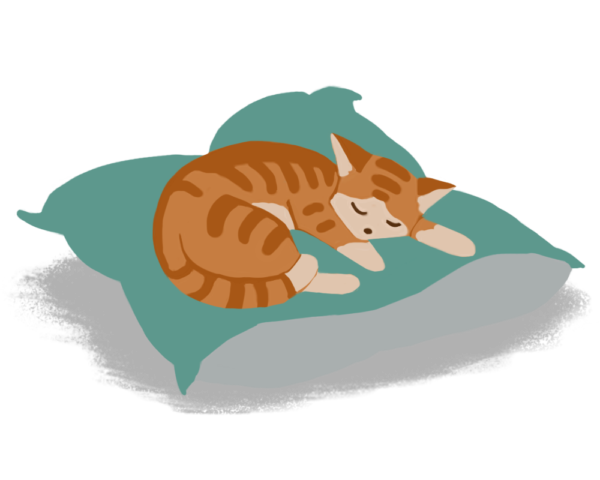FAQ UK
Meeting Me is a project of the self-help contact point KISS Stuttgart.
We inform, advise and refer people who are interested in self-help groups and self-organized initiatives. We help with the foundation of new groups and initiatives and support the existing ones. We try to create a self-help-friendly climate so that people find it easier to get together in groups and take their problems into their own hands. Our area of responsibility is the state capital of Stuttgart, but our digital service Meeting Me, which we created for the more than 500 groups in Stuttgart, is welcome to be used by all groups that exist.
Through the pandemic, self-help groups and initiatives also had to open up new, digital ways of exchanging with each other. This worked sometimes more, sometimes less well – especially when a higher number of participants made it difficult to hold the meetings. In telephone conferences, the overview is lacking; in video conferences, the camera right in front of the face is too private for some. The processes and atmosphere of both self-help group meetings and the meetings of voluntary initiatives can only be inadequately reproduced with the usual conference tools.
Our “Meeting Me” tool, on the other hand, which we designed together with self-help activists and volunteers, is intended to transfer precisely this conversational culture to digital exchange – as the first software of its kind. To ensure the success of this ambitious project, we engaged the experienced video game studio Chasing Carrots for the development. The tech agency Unterschied & Macher created the associated website and user environment for us.
After 1.5 years of development, “Meeting Me” has been released on PC as well as Android and Apple smartphones and enables virtual meetings for up to 15 participants, even across platforms. We make the software available to all self-help groups and initiatives free of charge.
Registering as a user on this site is as data-saving as possible. You only need to enter your e-mail address and user name – this is of course also possible under a pseudonym and with an e-mail address that does not allow any conclusions to be drawn about your identity. Group meetings can then be created, which creates a room code.
The app is then used to conduct virtual meetings by entering the room code, whereby no registration takes place and no data is transmitted about the person who created the meeting on this page. The app only uses the information that is necessary for the technical operation of the application. You can find more information in our privacy policy.
We are a social institution and it is our task to support people in exchanging information with like-minded people in groups – also digitally. That’s why we provide this service without the intention of making a profit. The development was made possible by a project grant from the AOK Baden-Wuerttemberg. Many thanks for this!
Self-help groups bring together people who suffer from the same illness or the same psychological or social problem. Together with others, they want to change something in order to better cope with their life situation – either as affected persons or as relatives. In the group they find understanding and share knowledge and experience. The principle of confidentiality applies – everything that is discussed in the group should remain in the group and not be made public.
Self-organized initiatives bring together people who are committed to a common issue or who want to draw attention to grievances and contribute to their elimination – in the health, social, cultural or ecological fields.
For example, they advocate a culture of sharing, environmental protection, sustainability and social coexistence, or are committed to combating discrimination against minorities.
Both forms are based on the idea of self-help. We speak of self-help when people come together who are united by a common theme, and joint meetings take place whose form, content and objectives can be co-determined by all participants.
The meetings and other activities of the group are planned and carried out by its members on their own responsibility and are not guided by professional specialists (therapists, social workers, doctors or similar). Participation is voluntary and usually free of charge. The preparation and implementation of the meetings is done on a voluntary basis.

